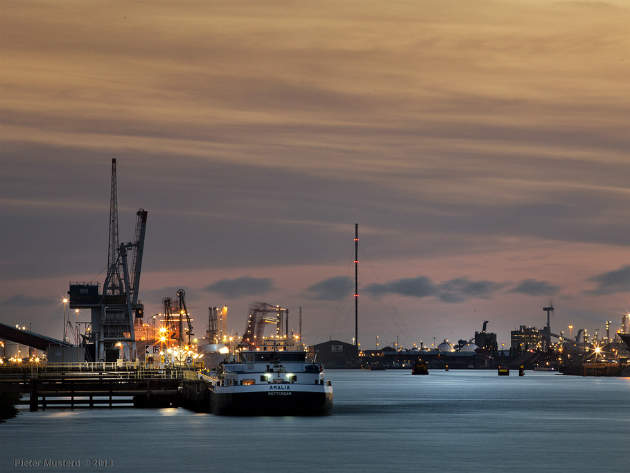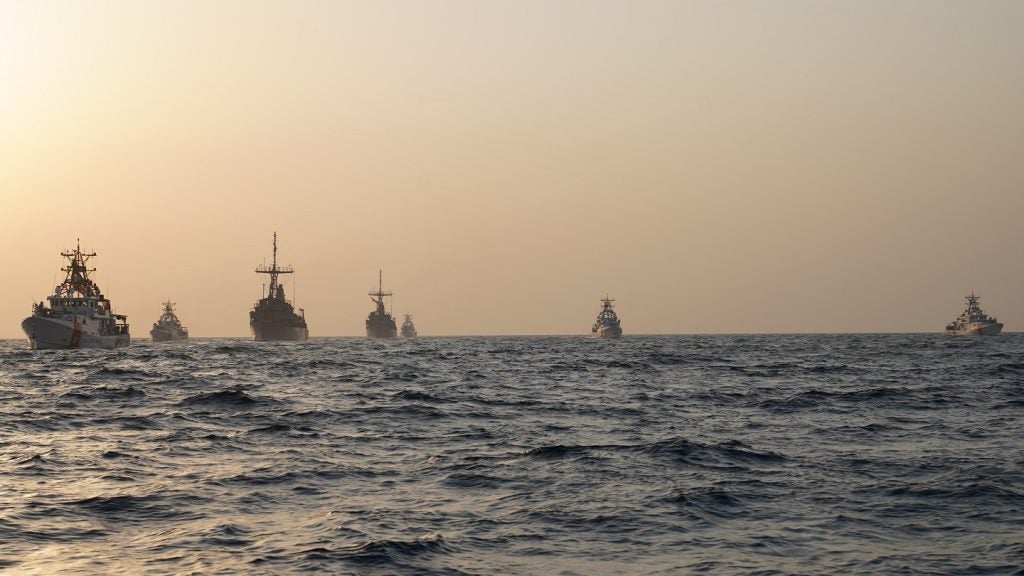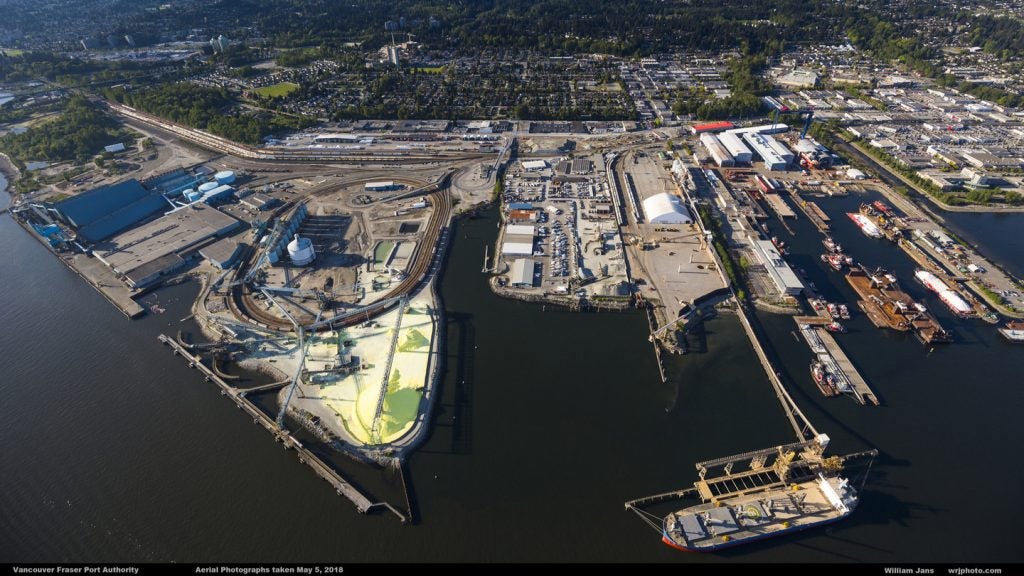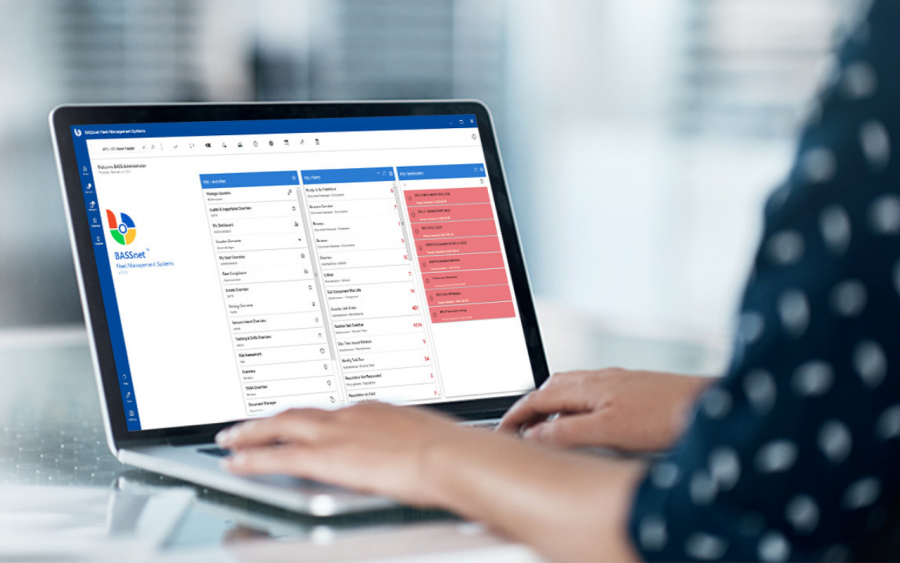
The concept of “mainports” was born in the Netherlands in the late 1980s as a solution to the country’s economic problems. The umbrella term covers both Schiphol Airport and the Port of Rotterdam, based on their capability to handle huge flows of goods and passengers, as well as their overall contribution to the Dutch economy, and the policy of the same name prioritised the development of the two hubs.
The preferential treatment awarded to the two areas has come in the shape of channelled investments for their infrastructure and development, with high priority given to improving international connections by air, sea and land. Over the years, the mainport policy was used to justify many infrastructure projects and intermodal transport connections, such as the recent Maasvlakte 2 project at the Port of Rotterdam.
The policy’s objective was certainly achieved. The Port of Rotterdam is Europe’s largest port, with a throughput of 465 million tonnes and 90,000 people working across its 12,500ha of land and sea. Its total direct added value to the economy was €12.9bn in 2014, according to port authority statistics.
However, many other business sectors in the country have seen massive development over the past few years, raising questions over the policy’s modern-day relevance.
In a report titled ‘Beyond Mainports’ published in July this year, the independent Council for the Environment and Infrastructure (RLI) advised the Dutch Government that the mainport policy has now become obsolete due to advances in both the regional and global business climate.
“Continuing to pursue the mainport policy entails a risk of neglecting the urgent challenges that may confront both ports and what they can contribute in future to Dutch competitiveness and the country’s ability to attract businesses,” the report reads.
How well do you really know your competitors?
Access the most comprehensive Company Profiles on the market, powered by GlobalData. Save hours of research. Gain competitive edge.

Thank you!
Your download email will arrive shortly
Not ready to buy yet? Download a free sample
We are confident about the unique quality of our Company Profiles. However, we want you to make the most beneficial decision for your business, so we offer a free sample that you can download by submitting the below form
By GlobalDataA changing business climate
“Although [the Port of Rotterdam] is still the biggest port in Europe, the size of it is not so important,” says RLI coordinating advisor Mirjan Bouwman. “What’s important is to consider what it can contribute to the Dutch economy.”
“This is what the Council means to say: don’t invest because you want to be the largest, but invest because you have a very clear picture of what the Port of Rotterdam can contribute to other economic sectors, so that you can help them develop.”
The international landscape has changed tremendously over the past 30 years. New market forces such as the growing economic power and influence of the Asian market, as well as the shift in consumer demand and supply towards the East, are putting pressure on established European hubs. Furthermore, a more responsible approach towards emissions and sustainability, as well as rapid technological advancement and digitalisation, are just some of the challenges faced by the Port of Rotterdam today.
Firstly, the council argues that the mainports have “lost their dominance” in the face of other fast growing regions in the Netherlands, such as the Brainport Eindhoven region, a hub for science, technology and innovation. The Amsterdam Internet Exchange, which has its headquarters there, is the second largest internet hub in the world.
“In short, there are other economic core areas that provide an above-average contribution to national economic growth,” the report argues.
In the near future, globalisation is expected to lead to more intense competition. Both the Greek port of Pireaus and Gdansk in Poland are fast-rising rivals, seeking to acquire a strong foothold in the growing Eastern European market, while the consumer pull from the Asian market is posing challenges in the longer term.
The European Union’s ambition to reduce greenhouse gas emissions by 80%-95% in 2050 compared with 1990 levels could also pose a threat to the port’s operations.
“The implementation of the Paris Agreement may have major consequences for the Port of Rotterdam, because it is highly dependent on fossil fuels and non-renewables,” RLI states. “Almost half of the tonnage through Rotterdam is non-renewable, which is at least twice the proportion at Antwerp and Hamburg.”
“It cannot be assumed that the current mainport strategy will be able to directly meet these new challenges.”
Strengthening the port’s foothold
Two months before the report’s publication, Hans de Boer, chairman of the Confederation of Netherlands Industry and Employers (known as VNO-NCW), praised mainports as “a basis for the Dutch welfare” and recommended strengthening their position in order for them to remain competitive.
In a column published by the Port of Rotterdam Authority, de Boer suggested the allocation of further additional funds to improve the main ports’ accessibility, as well as urging the government to bring charges such as dividend tax, security and inspection fees and local taxes “in line with those of [the port’s] competitors”.
“The next government must explicitly aim at strengthening the mainports,” de Boer concluded.
“Let me be very clear that the importance of both mainports is not what we discussed”, Bouwman says. “We only state that the Government should stop stating that they are more important than other sectors, because all sectors are equally important.”
In September, the port announced the opening of the first rail shuttle between China and the Netherlands, the Chengdu-Tilburg-Rotterdam-Express, currently a weekly service that crosses Kazakhstan and Moscow. As of late 2017, the service will run five times per week.
The port is also planning new routes to Germany and the rest of Europe, according to a press release.
“VNO-NCW says that our mainports (like the Port of Rotterdam) only will remain at the top [internationally] when [the] government, entrepreneurs and mainports operate as one joint system,” says VNO-NCW spokesman Edwin van Scherrenburg.
“The awareness around the importance of competitive mainports for our economy and future growth should rise and should result in actions from politicians and the administration. A mainport strategy with adequate mainport policy should be again one of the government’s policy priorities.”
Government urged to consider a new approach
If the mainport policy is to be either abandoned, as RLI suggests, or reconsidered, a new solid business approach must take its place.
The report suggests that a new 2040 Business Climate Development Strategy should be adopted, identifying the role of each regional economic area, and strengthening the ties between them.
Firstly, looking at the increasingly important role played by big data in how businesses are managed, the report recommends “digitising physical objects and processes and incorporating them into the internet of things”, while “the digital platforms and knowledge developed for this can be used as an export product”.
In more practical terms, RLI suggests that the port could play a bigger role in the developing markets for offshore wind farms and dismantling oil and gas platforms. Most importantly, the report envisions the port stepping up its role in the “circular economy” through the remanufacturing, maintenance and repair of old products.
“The RLI-council’s recommendations to conduct research into the critical mass of volume flows for Schiphol Airport and the Port of Rotterdam and to initiate a debate on a number of urgent policy issues are made with the aim of allowing the next government to take a broader view of [the mainports] as components of the core economic areas,” the report concludes.
It remains to be seen whether the government will choose to implement any of these suggestions, or whether an overhaul of the mainport concept is on the cards.
“It’s been the mantra for 40 years that the mainports are the main engines of economic growth in the Netherlands,” Bouwman says, “so it’s very difficult to start believing something else. It’s a mentality issue.”
“We had a reaction from the Government saying they are happy with the report because they are already doing what we advised them to do. It’s up to other parties right now to continue to debate what should be the role of mainports in the Netherlands.”







